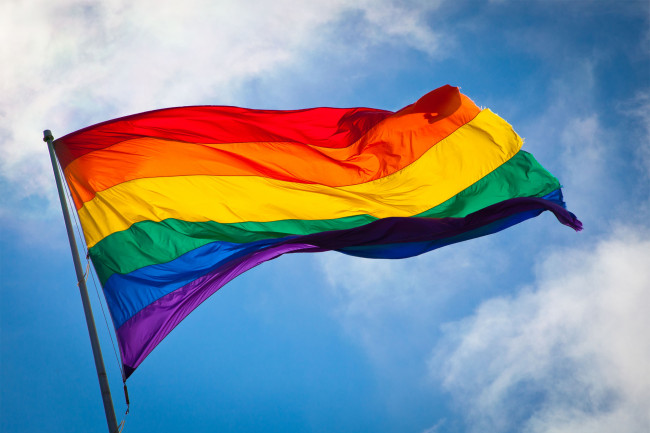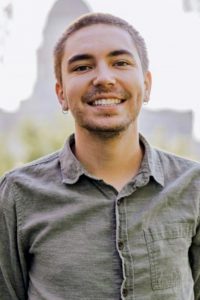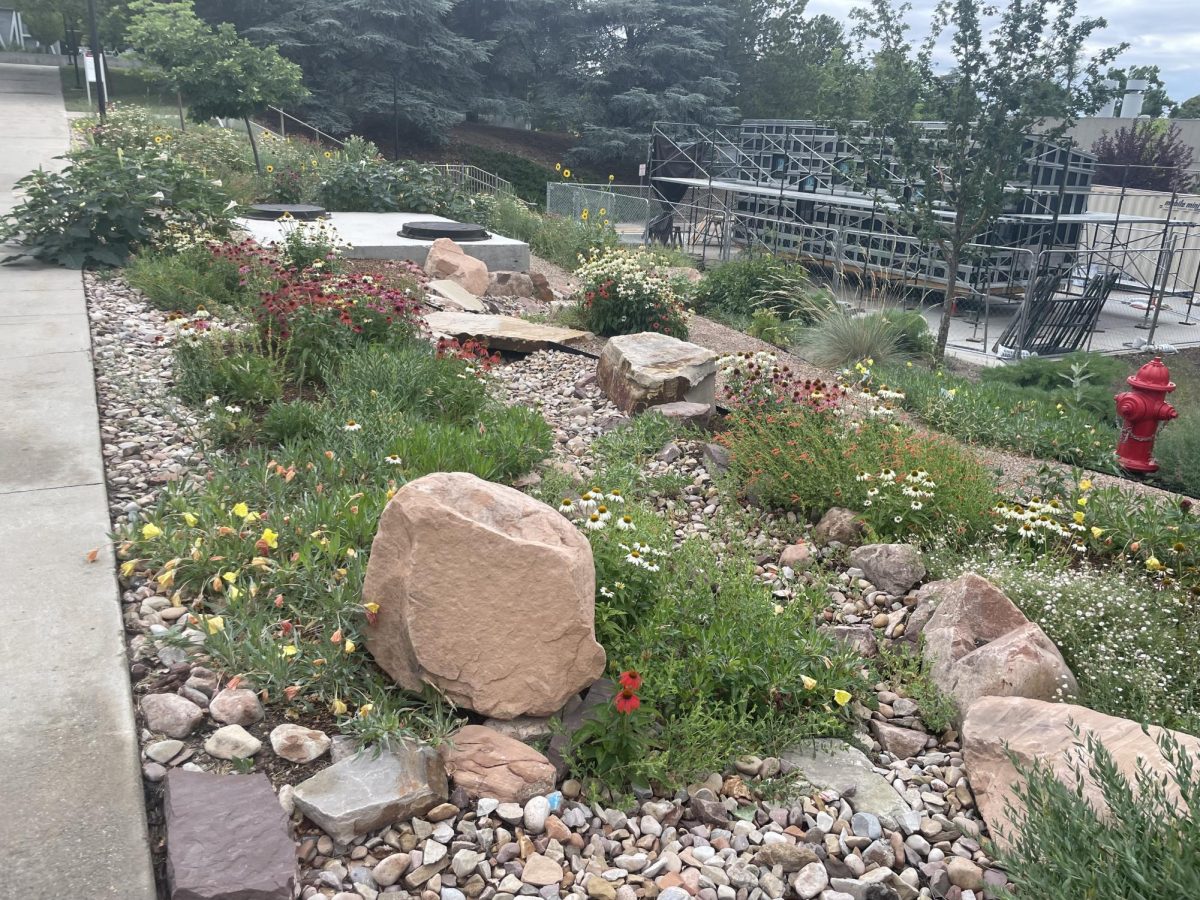Reese: The U Should Adopt More Resources For Queer Students
October 2, 2019
A survey in 2015 ranked Salt Lake City is as the seventh-gayest city in the United States. Around 4.7% of Salt Lake City residents identify as members of the LGBTQ+ community. Utah is the youngest state in average population age, and a separate study found that 29% of Millennials identify with the LGBTQ+ community and 34% of Generation Z identify as LGBTQ+. Many of these young people are students at the University of Utah and anyone visiting Salt Lake City will can see the influence of the U on the city. Based on this, one can make the conclusion that Salt Lake City is very, very gay.
However, for such a queer city home to a university ranked second for LGBTQ+ students, many queer students at the U do not have the resources that might otherwise be expected. Now, this is not the fault of the LGBT Resource Center, which offers many standard services that can be found at most college resource centers, such as scholarships, locating gender-free bathrooms, support groups, workshops, etc. The resource center provides as much support and resources they possibly can to the queer student body. However, it still has to navigate red tape, fundraising and developing further support, and the resource center does not receive enough university backing to expand the services needed by queer students.
Westminster, the neighboring liberal arts college, is known for the support and awareness of LGBTQ+ issues it brings to everyday campus life. For instance, Westminster had a legacy of inclusion, offering training on pronouns for students, staff and parents well before it was standard practice within colleges. Their work was even recognized by the Utah chapter of the Human Rights Campaign at the 2019 Gala.
The U could also learn from its fellow Pac-12 members. The University of Oregon also has a vibrant and thriving queer student body that enjoys a wide variety of support services. One of Oregon’s most notable efforts is its program to assist transgender students who seeking transition, making it “as accessible and affirming as possible.”
U of U Health has a transgender health program that offers financial counseling, loan counseling and community outreach for payment options. This program has only officially been around for two and a half years or so, and many of the patients they serve will pay out of pocket or with insurance if possible. I asked if they provide anything on a sliding scale for lower-income patients, but the only service they offered on a sliding scale was voice therapy.
“We are excited to announce we are growing our program and have hired both a program coordinator as well as a patient navigator who is a mental health professional. We are increasing our presence in the community as well as offering new services like gender affirmation surgery. Every patient’s journey is different and we are happy to be apart of it,” said Noman Khan, a spokesperson for U of U Health.
The U could also look to Oregon’s better housing opportunities for their LGBTQ+ students. Students at the University of Oregon who seek to live on campus in queer spaces can apply to either the Gender Equity Community or the LGBTQIA+ Scholars Community. While both of these communities have a crossover, they each serve a different purpose. The Gender Equity Community is “intended for residents who acknowledge, experience and celebrate the spectrum of gender” while the LGBTQIA+ Scholars Community is designed for students to “share intellectual and social experiences focused on understanding of and respect for lesbian, gay, bisexual, transgender, queer, questioning, intersex, asexual and allied identities, histories and practices.” These services are vital because they allow students to have a better sense of community on campus, ideally leading to higher success rates in higher education for students as they have a supportive community that surrounds them.
The U can improve the conditions of its LGBTQ+ students. One of the ways they could do this is developing an LLC (Living Learning Communities) and recruit LGBTQ+ students to live there. The U does have an LLC called the Alliance House in Officers’ Circle that focuses on social justice, and residents “are able to select a space in the community without consideration of gender identity, gender expression or sexual orientation identity,” but this housing does not have any clear or concrete connection to the LGBTQ+ community on campus. Developing a new LLC to focus specifically on queer students and queer issues would provide more spaces for students to live and learn in.








